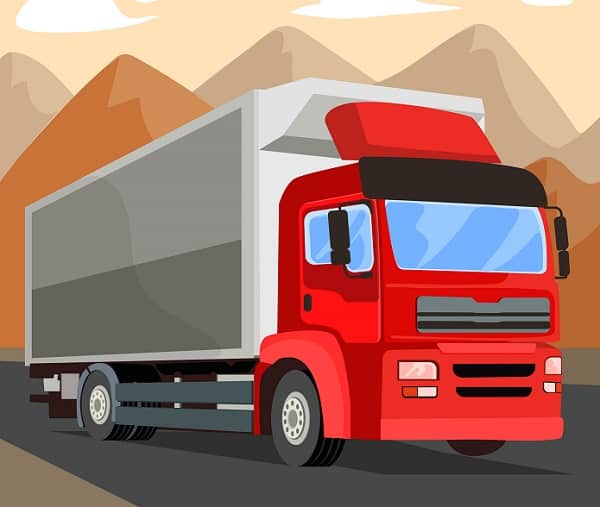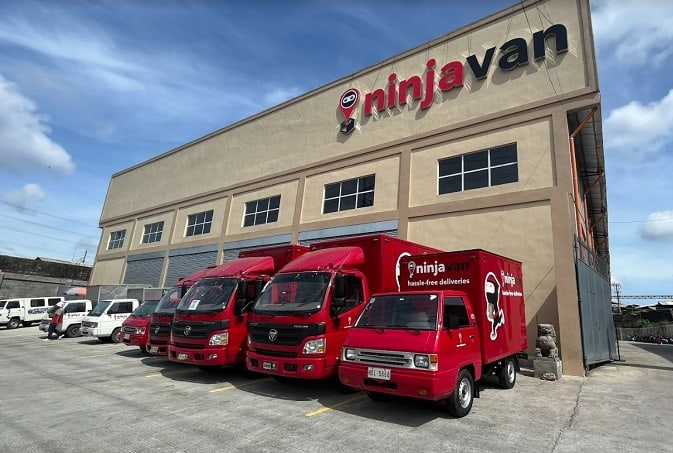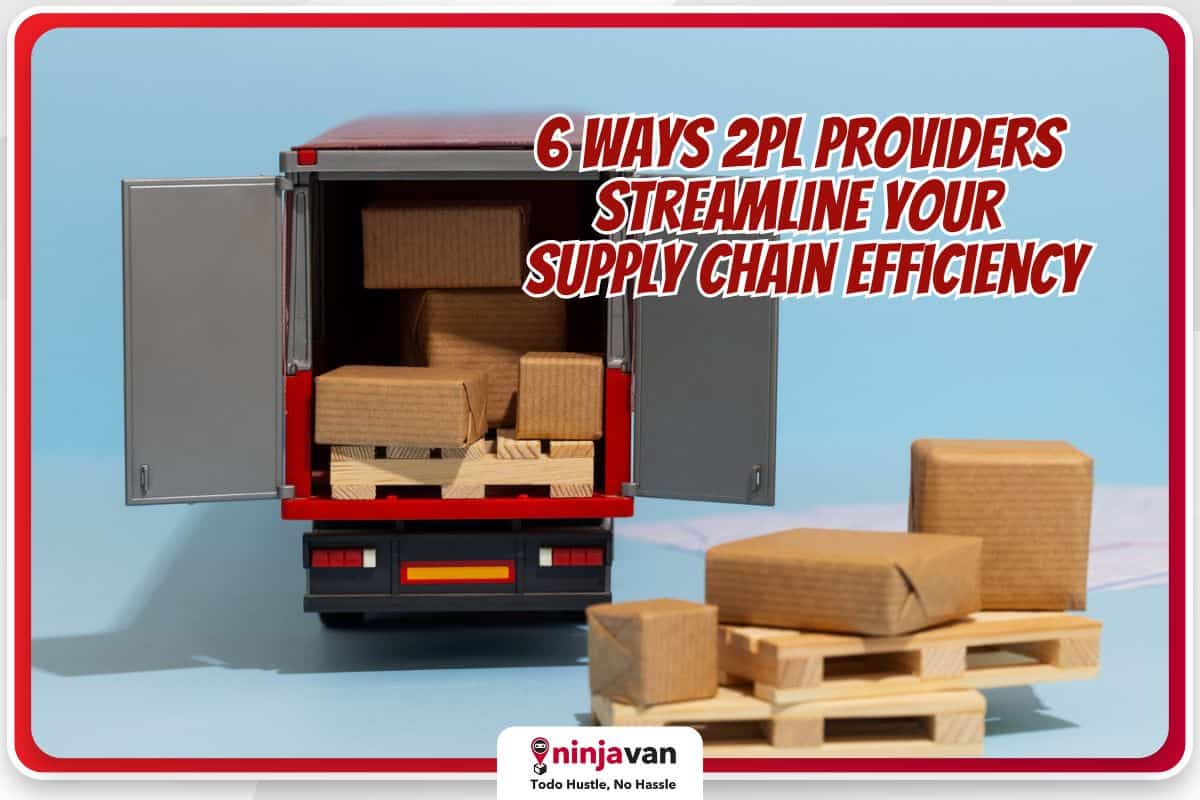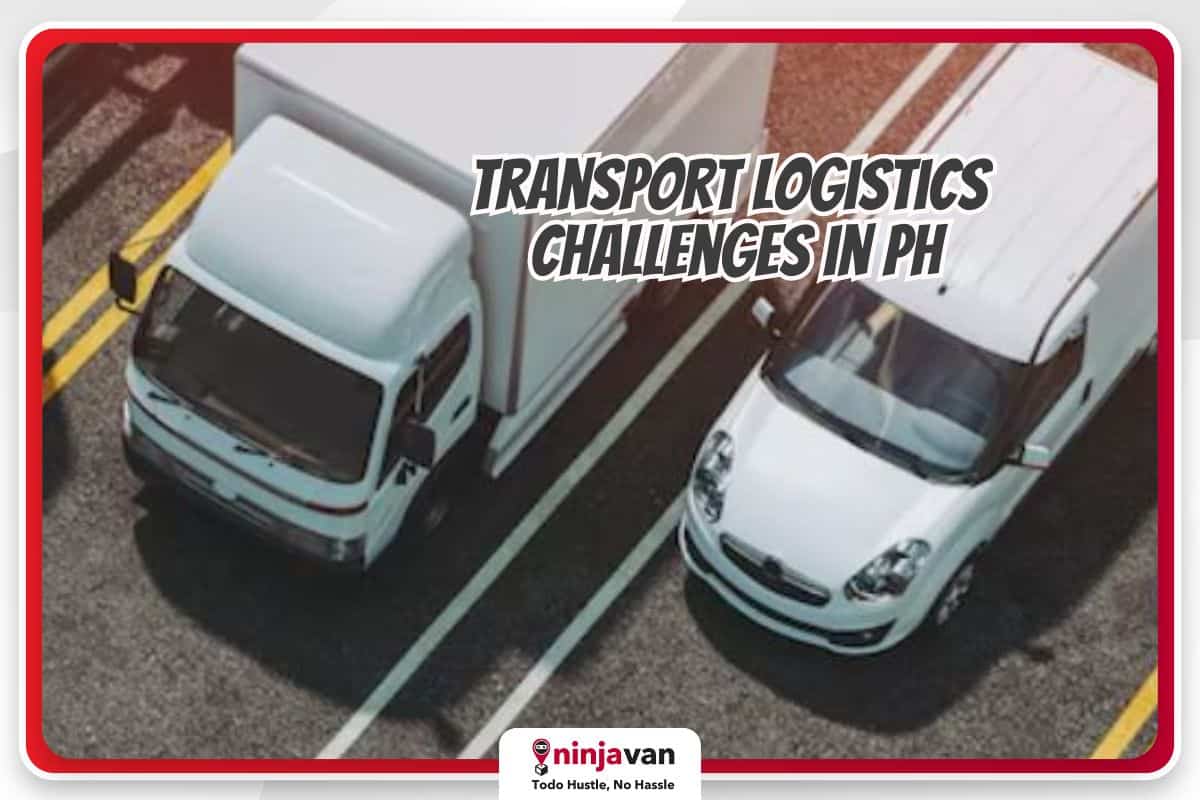Businesses, especially big or growing enterprises, are always seeking innovative solutions to streamline logistics operations. And in the complex world of supply chains, where goods journey from origin to destination, various players contribute their expertise.
Among them are second-party logistics or 2PL providers.
What is 2PL?
Often misunderstood, 2PL acts as a crucial link, specializing in the transportation of goods. While they may not manage the entire chain, their focus on efficient and reliable movement holds immense value for businesses.
2PL providers own and operate the transportation infrastructure, whether it be trucks, vans, ships, airplanes, or specialized vehicles, and excel in route planning, scheduling and ensuring safe and timely delivery.
What is the purpose of 2PL?
At its core, 2PLs are experts in moving goods. It involves a direct partnership between a business and a logistics service provider. This collaboration allows for a more personalized and efficient approach to managing the movement of goods and services.

for a seamless supply chain.
They dedicate their resources solely to transportation, allowing them to offer:
- Specialized fleet and expertise. 2PLs often cater to specific needs, like LTL inventory transport, refrigerated trucks for perishables or heavy-duty vehicles for oversized cargo. Their deep understanding of their chosen mode of transport translates into efficient operations and cost-effective solutions.
- Extensive network and reach. Many 2PLs have built vast networks of partners and routes, offering businesses access to wider geographical reach and diverse transportation options.
- Scalability and flexibility. Businesses can utilize 2PL services for specific needs, scaling their transportation requirements up or down depending on demand fluctuations, without the overhead of managing their own fleet.
Also read: How Less-Than-Truckload Shipping Benefits Small Businesses
2PL vs 3PL
The terms “2PL” and “3PL” refer to different models of logistics and supply chain management. They play important roles but offer distinct services and cater to different needs. Here’s a breakdown of their key differences:
Scope:
- 2PL: Involves a direct relationship between a business and a logistics service provider. This provider is typically responsible for specific aspects of the logistics process, such as transportation and warehousing.
- 3PL: Takes outsourcing a step further. In this model, a business engages with a 3PL provider that manages and oversees various logistics functions comprehensively.
Focus and services:
- 2PL: Specializes in transportation of goods and primarily offers transportation services. Owns and operates vehicles like trucks, ships, airplanes, and manages routes, schedules, and deliveries.
- 3PL: Offers a wider range of services beyond transportation, including warehousing, storage, inventory management, packing, fulfillment, and even reverse logistics. It acts as a one-stop shop for logistics needs.

and eliminates the need to build your own fleet.
Level of Control:
- 2PL: Businesses retain more direct control over their logistics operations. While they delegate specific tasks to the logistics provider, they maintain oversight and decision-making authority.
- 3PL: Businesses relinquish more control to the third-party provider. The 3PL takes on a more comprehensive role, and businesses trust them to manage and optimize the entire logistics process.
Cost Structure:
- 2PL: Often more straightforward and task-oriented. Businesses may negotiate specific fees for transportation or warehouse services, allowing for clearer cost attribution.
- 3PL: Can be more complex, as it encompasses a broader range of services. Pricing may involve a combination of fixed and variable costs based on the comprehensive logistics support provided.
Learn more about How 3PLs Help Your Ecommerce Business Grow.

2PL benefits: Streamlining your supply chain
Outsourcing your inventory or goods transportation to a 2PL can unlock several benefits for your business, including:
1. Improved efficiency
The close collaboration between your business and the 2PL provider enhances overall efficiency. 2PLs have the experience and tools to optimize routes, track shipments in real-time and handle customs clearance as necessary, leading to faster delivery times and reduced risk of delays.
Streamlined communication, direct oversight and the ability to tailor logistics solutions contribute to a more responsive and agile supply chain.
2. Cost reduction
Owning and maintaining a fleet is expensive. 2PLs offer competitive rates, leveraging their economies of scale and expertise to negotiate better deals with fuel suppliers, maintenance providers, and other partners.
3. Customized solutions
2PL allows businesses to design logistics solutions that meet their specific needs. Whether it’s unique transportation requirements or tailored delivery schedules, the flexibility of 2PL ensures a logistics strategy that aligns seamlessly with the business model.
4. Focus on core competencies
By entrusting the complexities of transportation to a trusted partner, you can redirect your focus and resources towards your core competencies. This frees up valuable time and resources that can lead to improved product development, marketing strategies and overall business growth.

your logistics needs.
5. Scalability
The scalability of 2PL is a significant advantage for businesses experiencing growth or seasonal fluctuations. When demand spikes, you can easily scale your transportation needs with a 2PL, avoiding the hassle of acquiring and managing additional vehicles.
The logistics model can be easily adjusted to accommodate changes in demand, allowing for a more adaptable and responsive supply chain.
6. Access to specialized services
Certain industries require specific transportation needs, like temperature-controlled environments or oversized vehicle permits. 2PLs with expertise in these areas can provide tailored solutions that in-house teams may struggle to manage.
Outsource your 2PL needs to Ninja Van
Understanding the purpose and benefits of 2PLs will help you unlock valuable resources, optimize your supply chains and gain a competitive edge. And working with the right provider will help guide your business to further growth.
Ninja Restock is part of Ninja Van’s full suite of logistics solutions for businesses. It’s a fast and affordable way to transport your inventory and restock your retail stores and distribution channels.

Optimized for small and corporate businesses requiring full truckload (FTL) or less-than-truckload (LTL), we will transport your supplies and non-perishable inventory to anywhere in the Philippines to ensure timely delivery to their destinations.
No need to build your own fleet, no need for expensive truck rentals. Ninja Restock provides businesses with the flexibility and scalability they need to thrive in an increasingly competitive marketplace.
Optimize your supply chain with Ninja Restock today!

2PL FAQs
Who typically uses 2PL services?
2PL solutions are well-suited for businesses of all sizes, especially those looking to streamline their supply chain and improve efficiency. They’re also beneficial for businesses with specific transportation needs, such as temperature-controlled environments or oversized cargo shipments.
What are the benefits of outsourcing logistics to a 2PL provider?
Outsourcing to a 2PL provider can lead to improved efficiency, cost reduction, customized solutions and the ability to focus on core competencies. It also offers scalability and access to specialized services.
Can 2PL providers offer customized logistics solutions?
2PL providers can tailor logistics solutions to meet specific business needs, whether it’s unique transportation requirements or customized delivery schedules.
Is scalability possible when working with a 2PL provider?
Yes, scalability is a significant advantage of 2PL. Businesses can easily scale transportation needs up or down based on demand fluctuations without the hassle of managing additional vehicles.
More tips for streamlining your business logistics:
6 Signs You Need to Outsource Your Order Fulfillment
Common Inventory Management Problems and Solutions
Shipping from China to the Philippines: An Easy Guide






